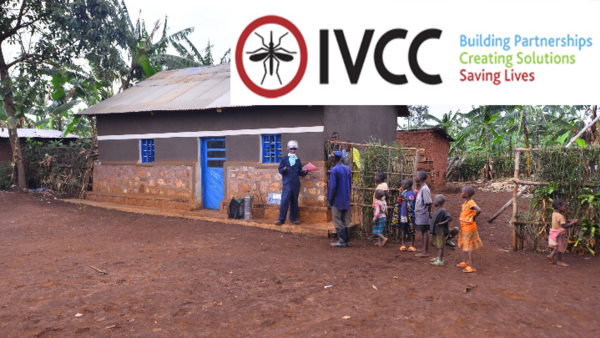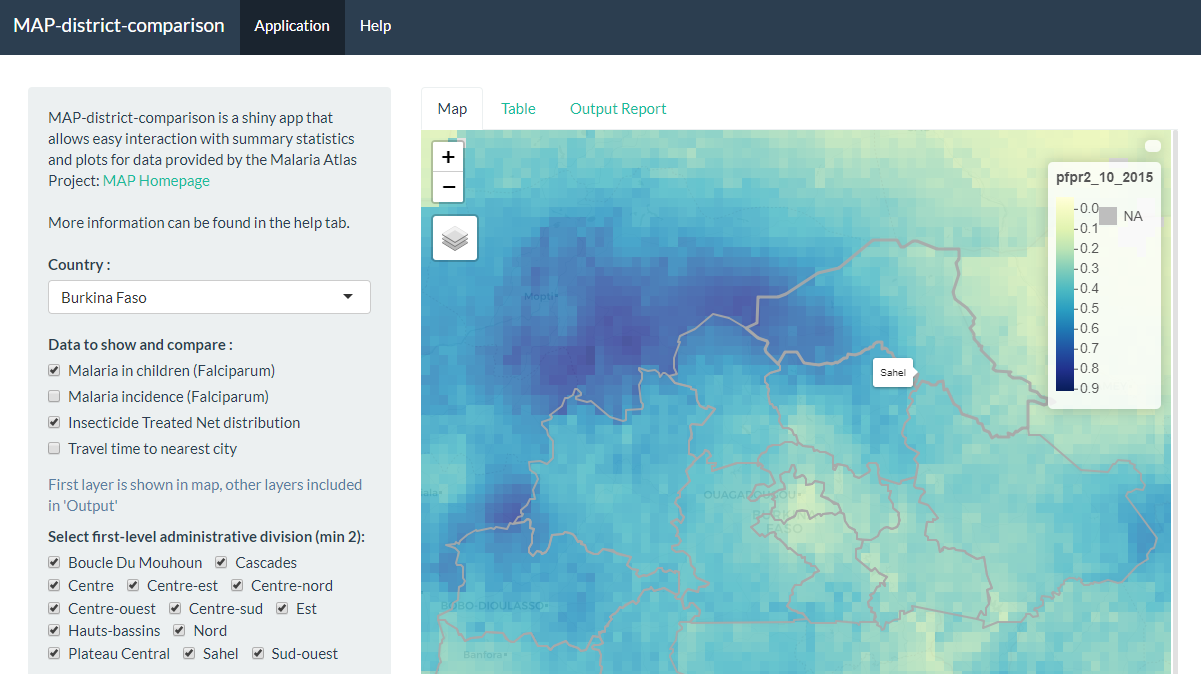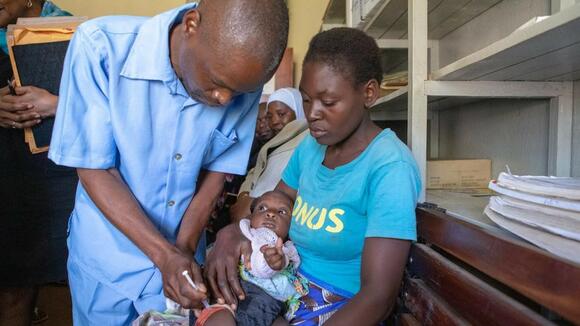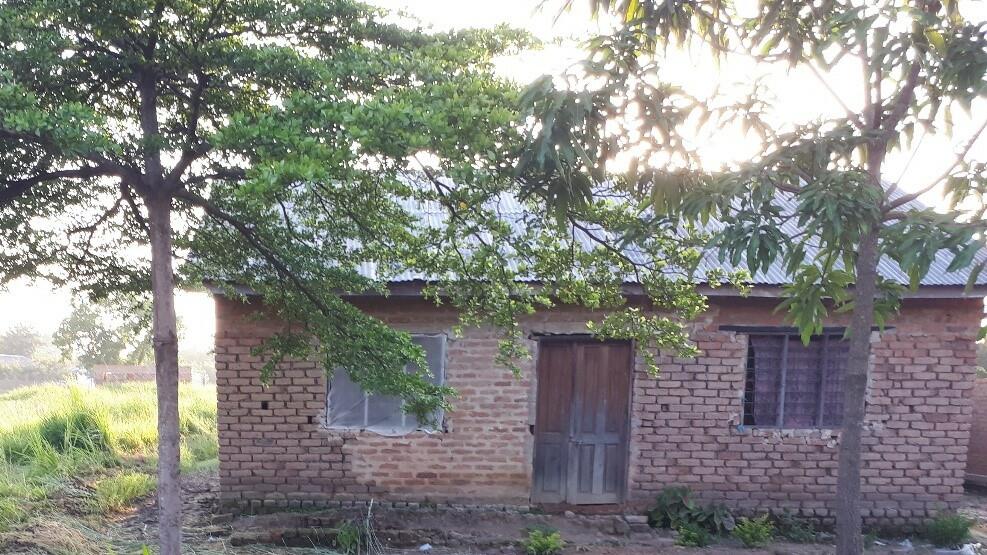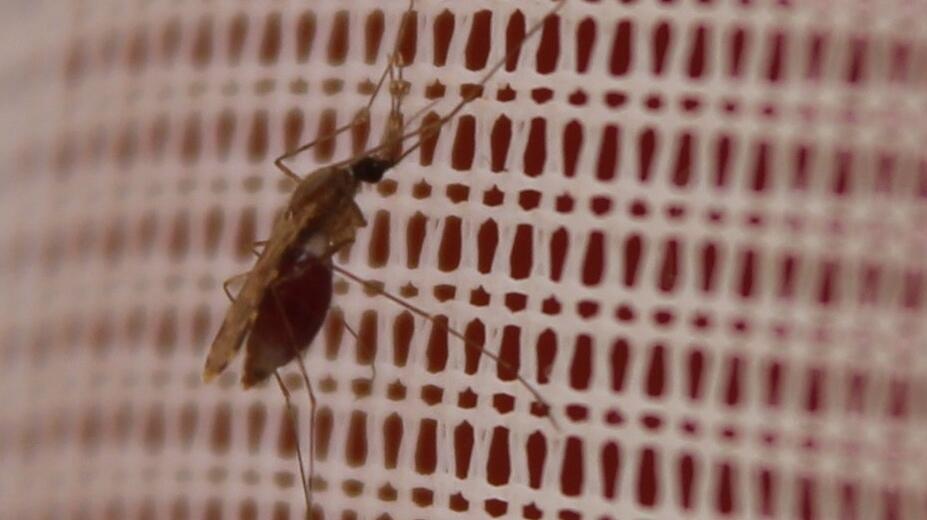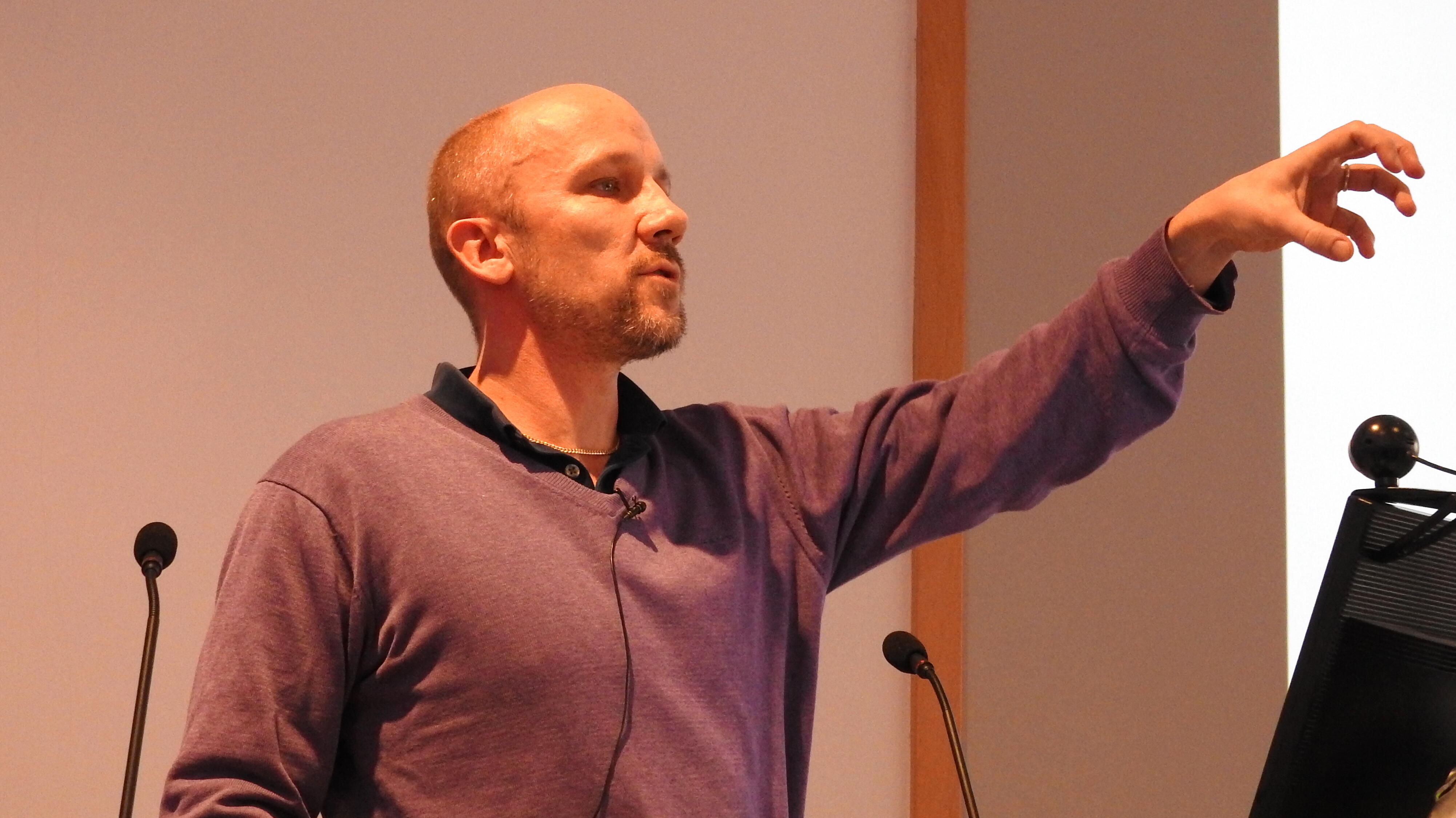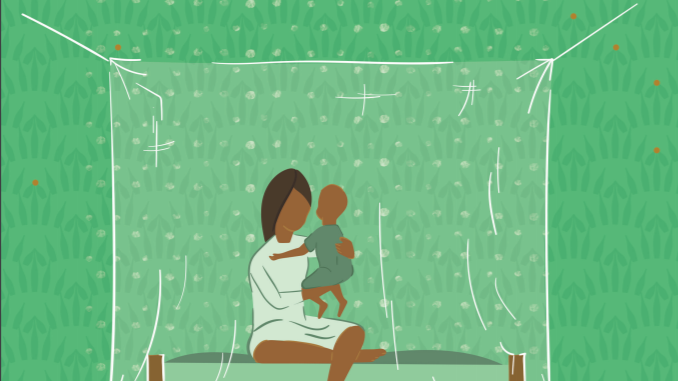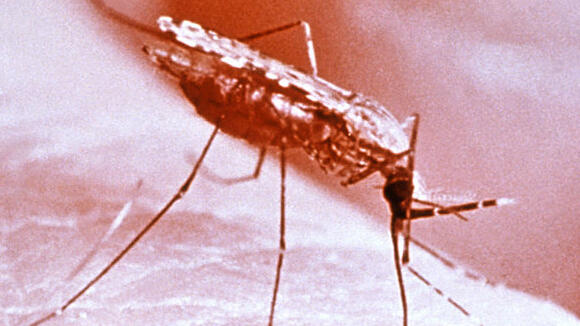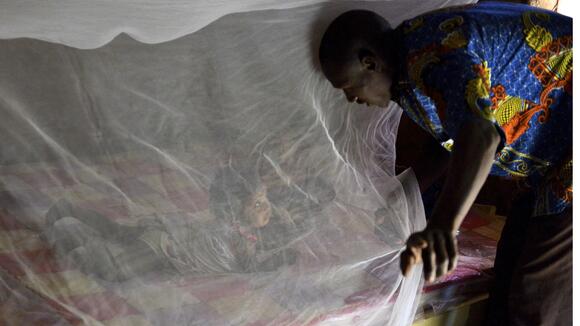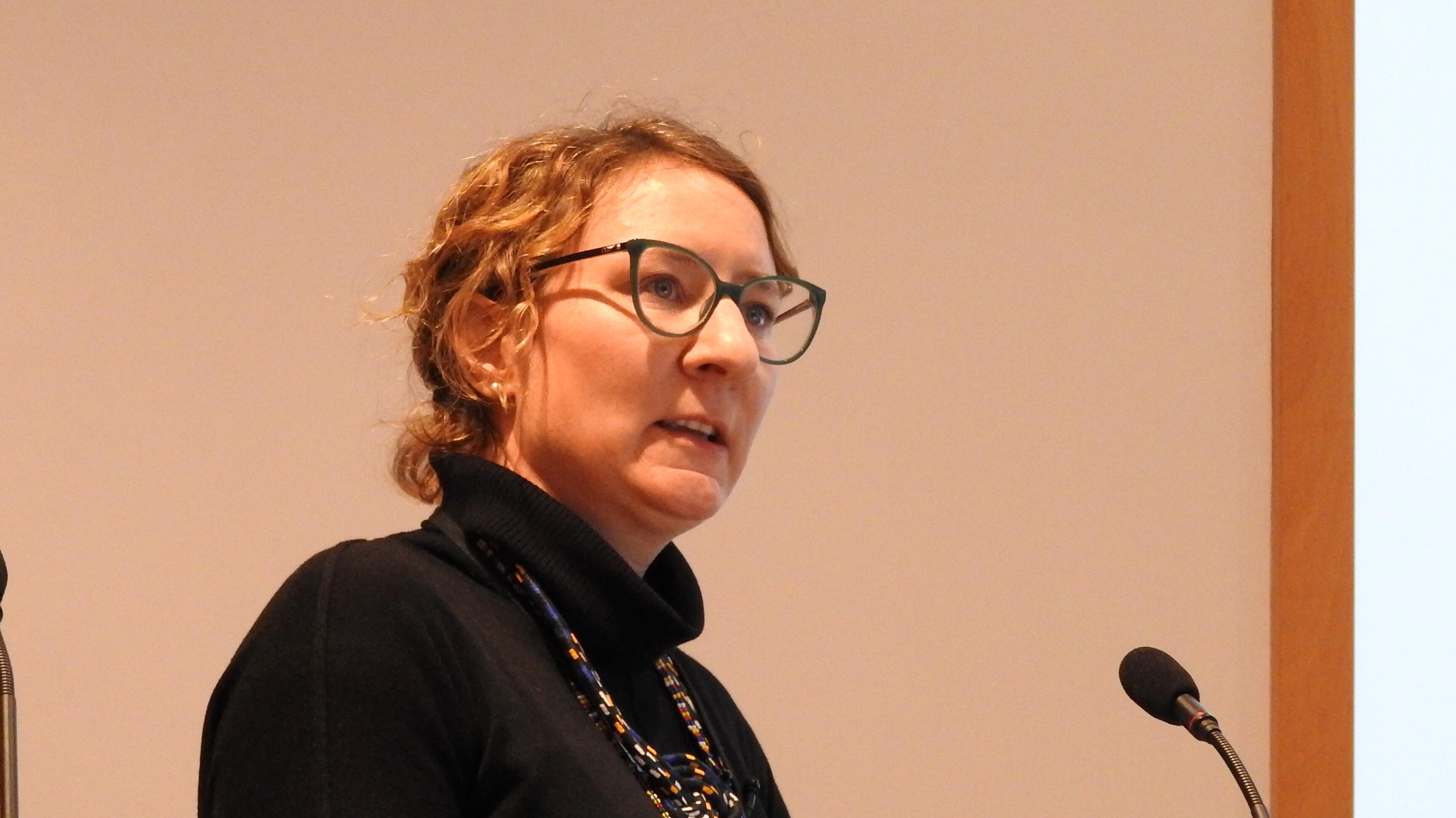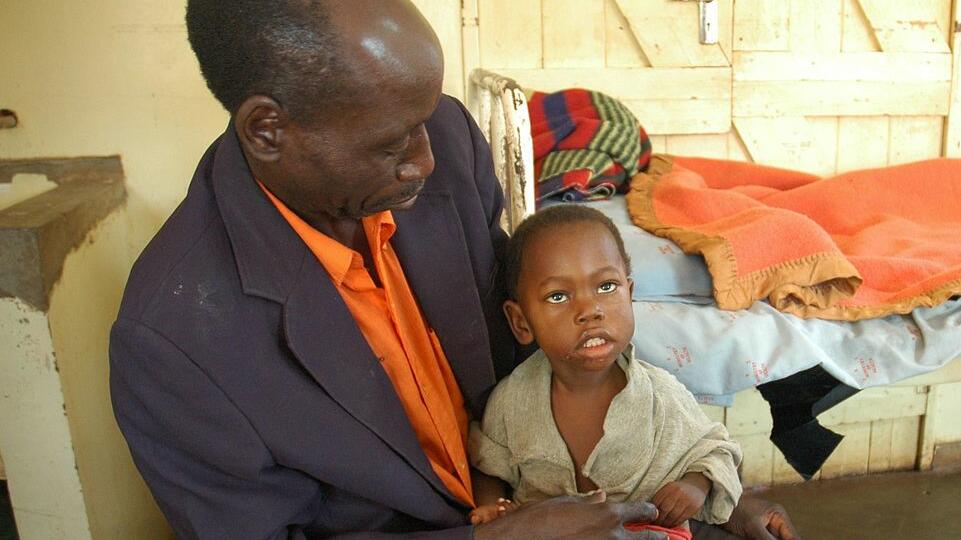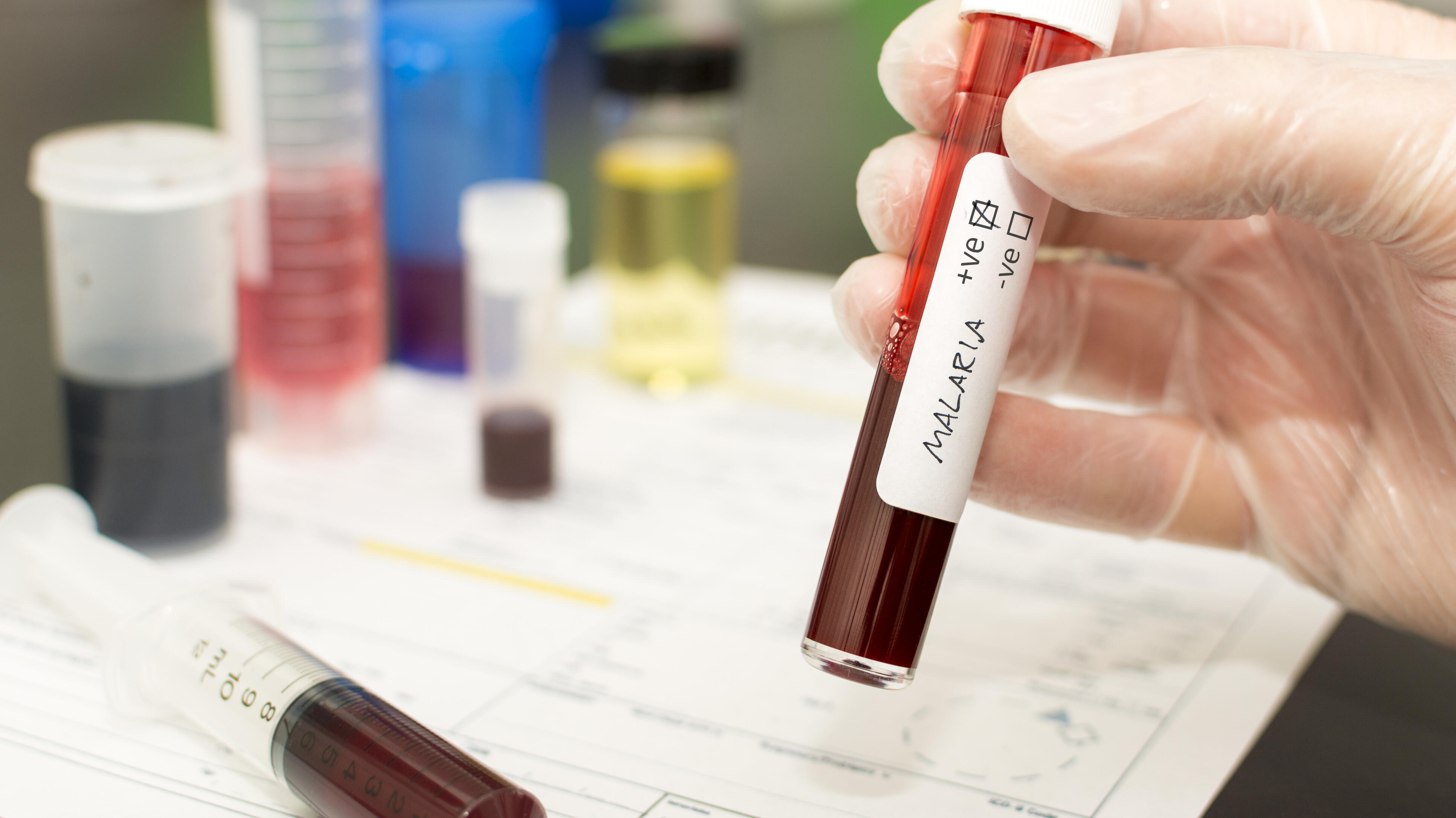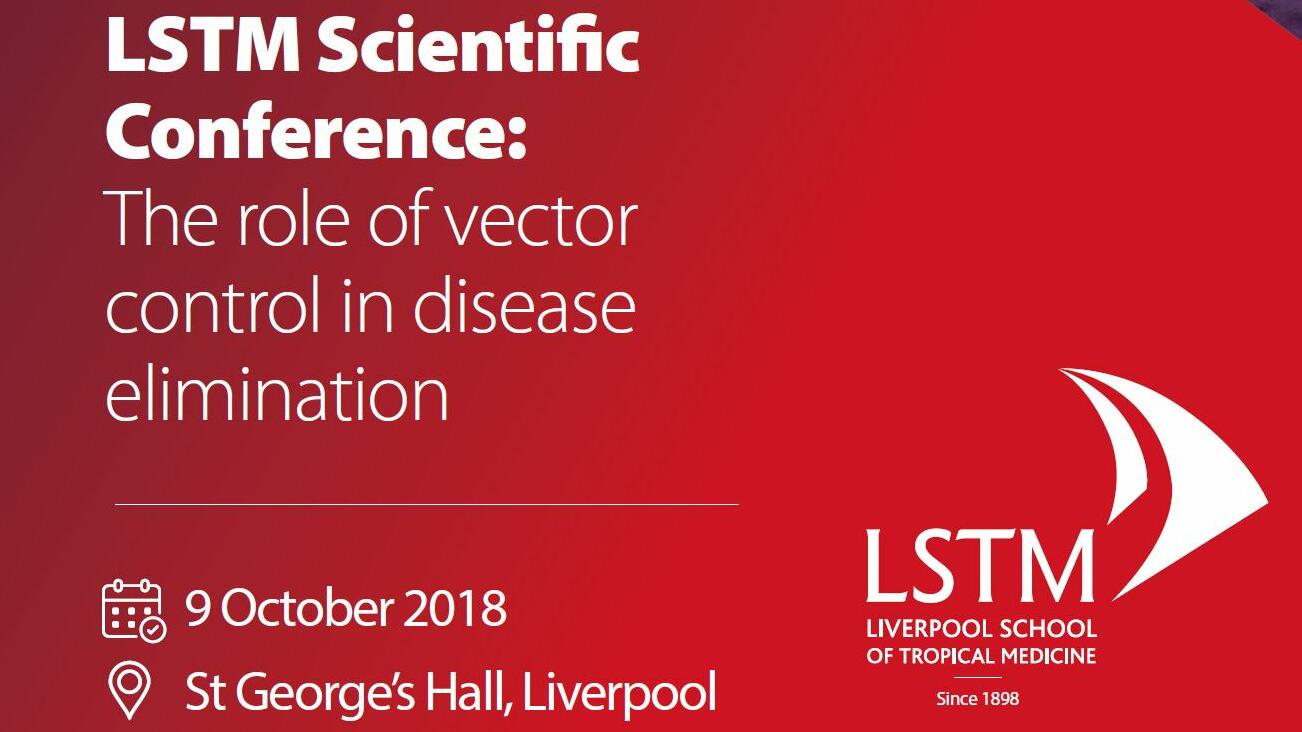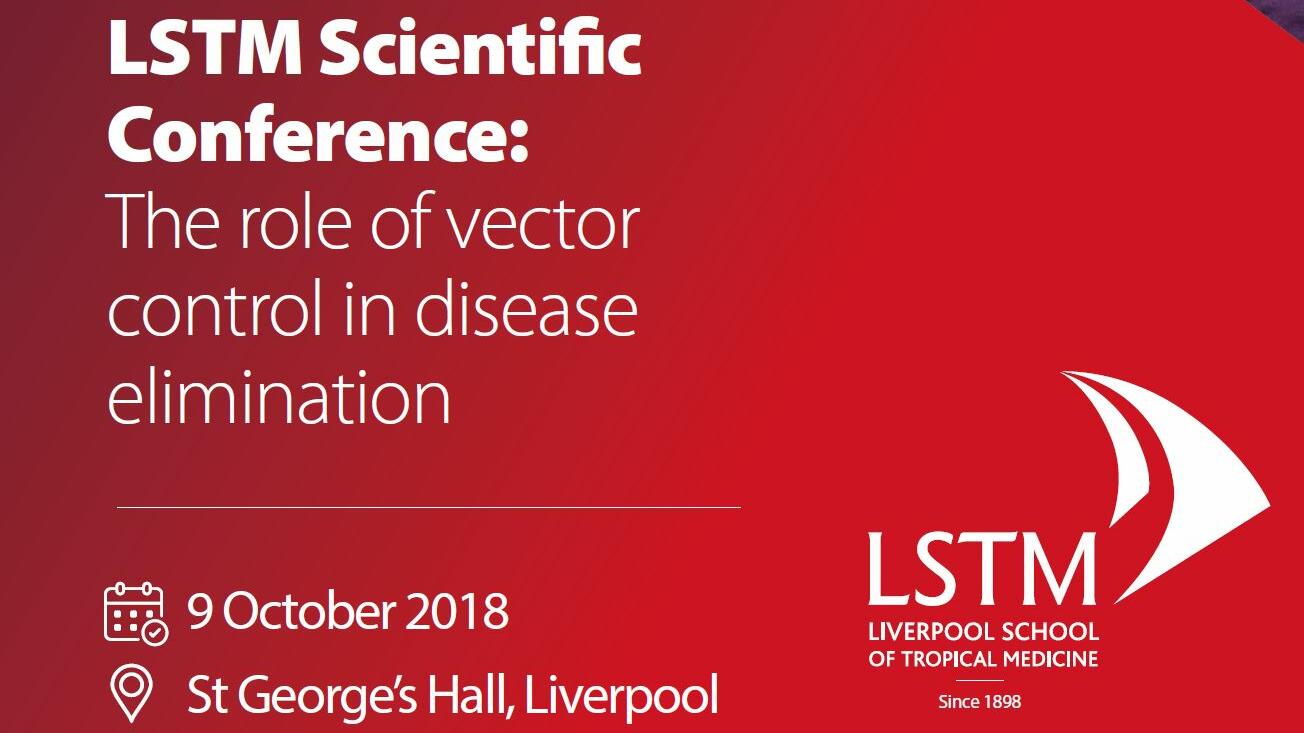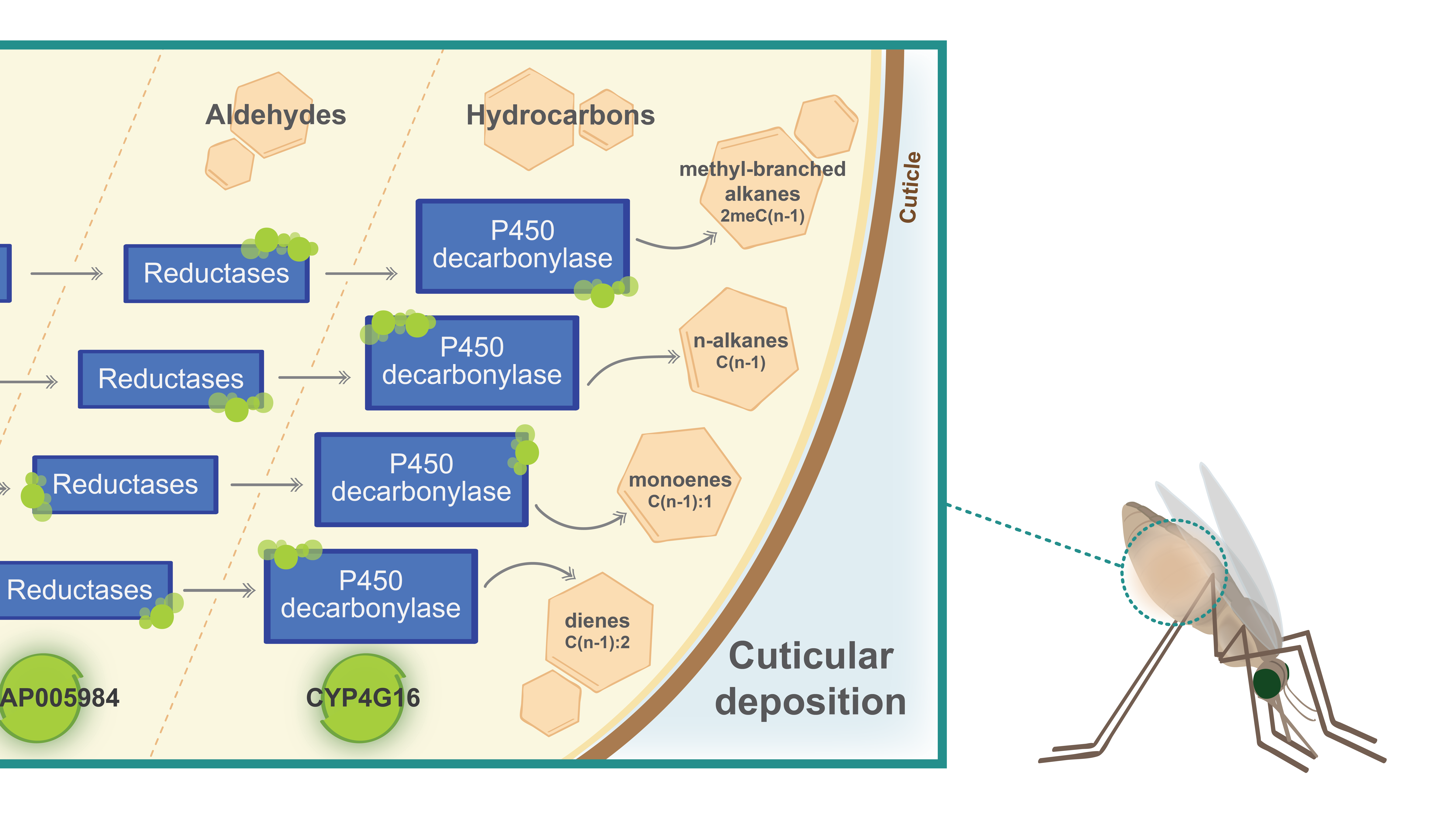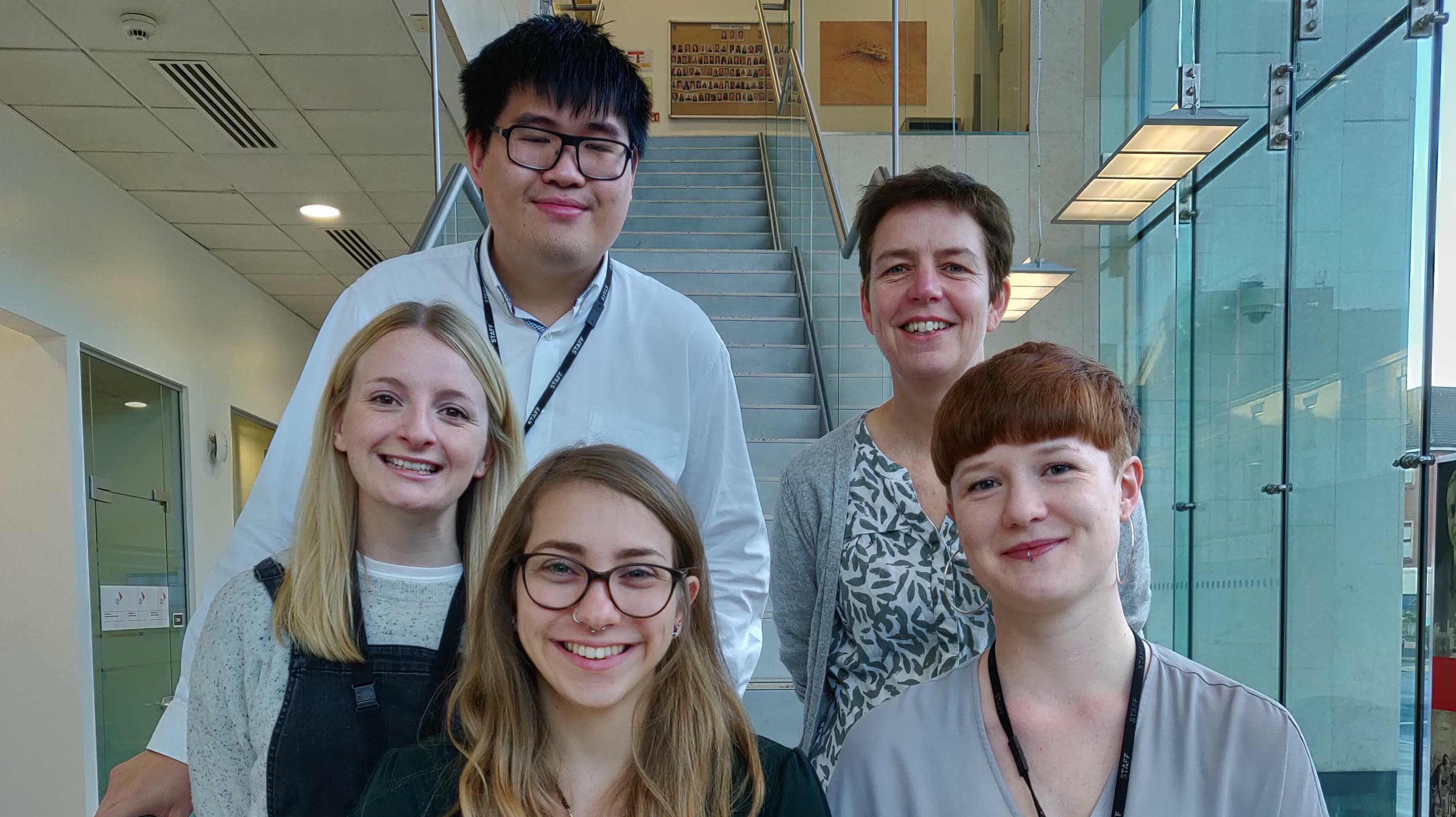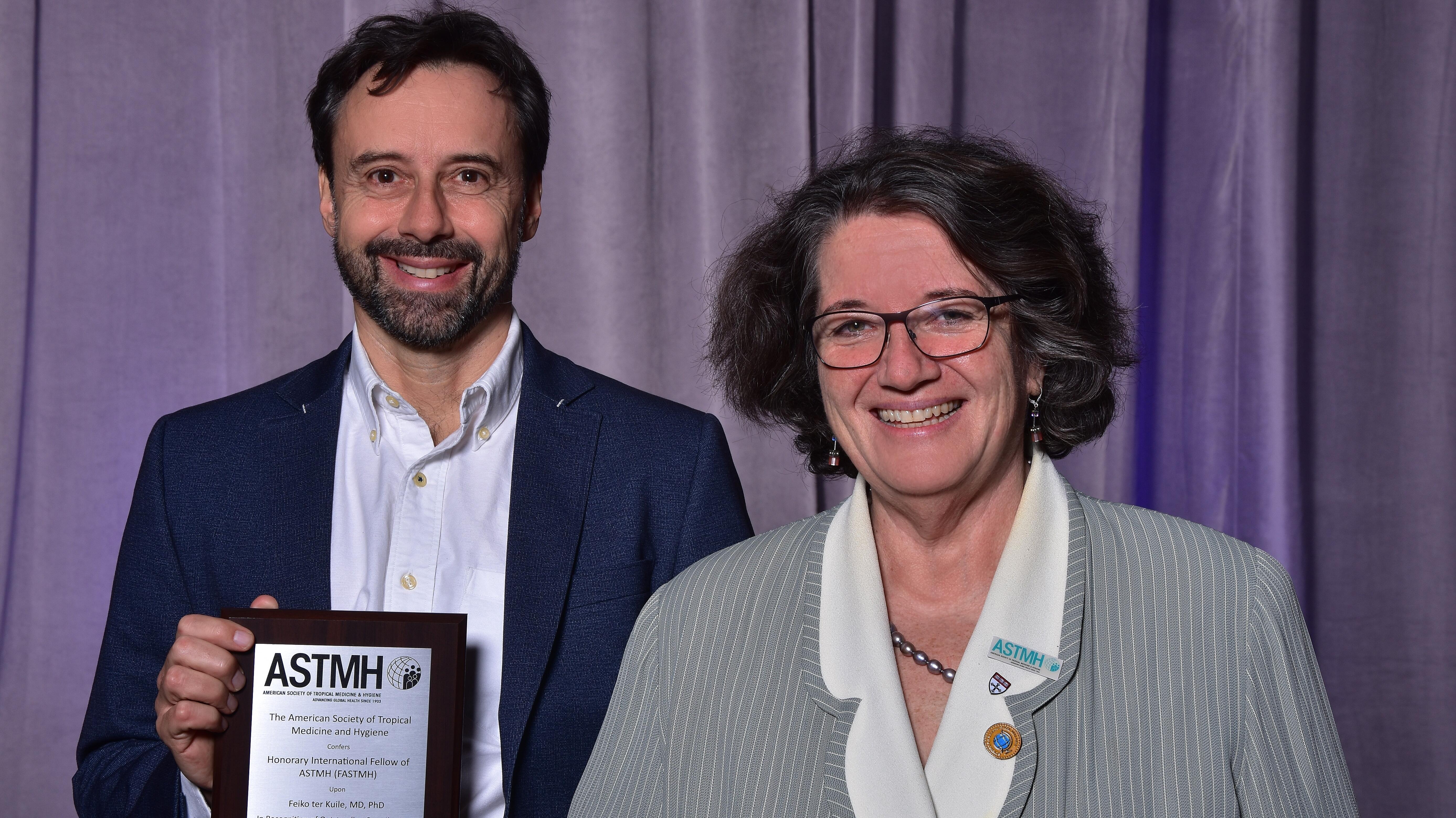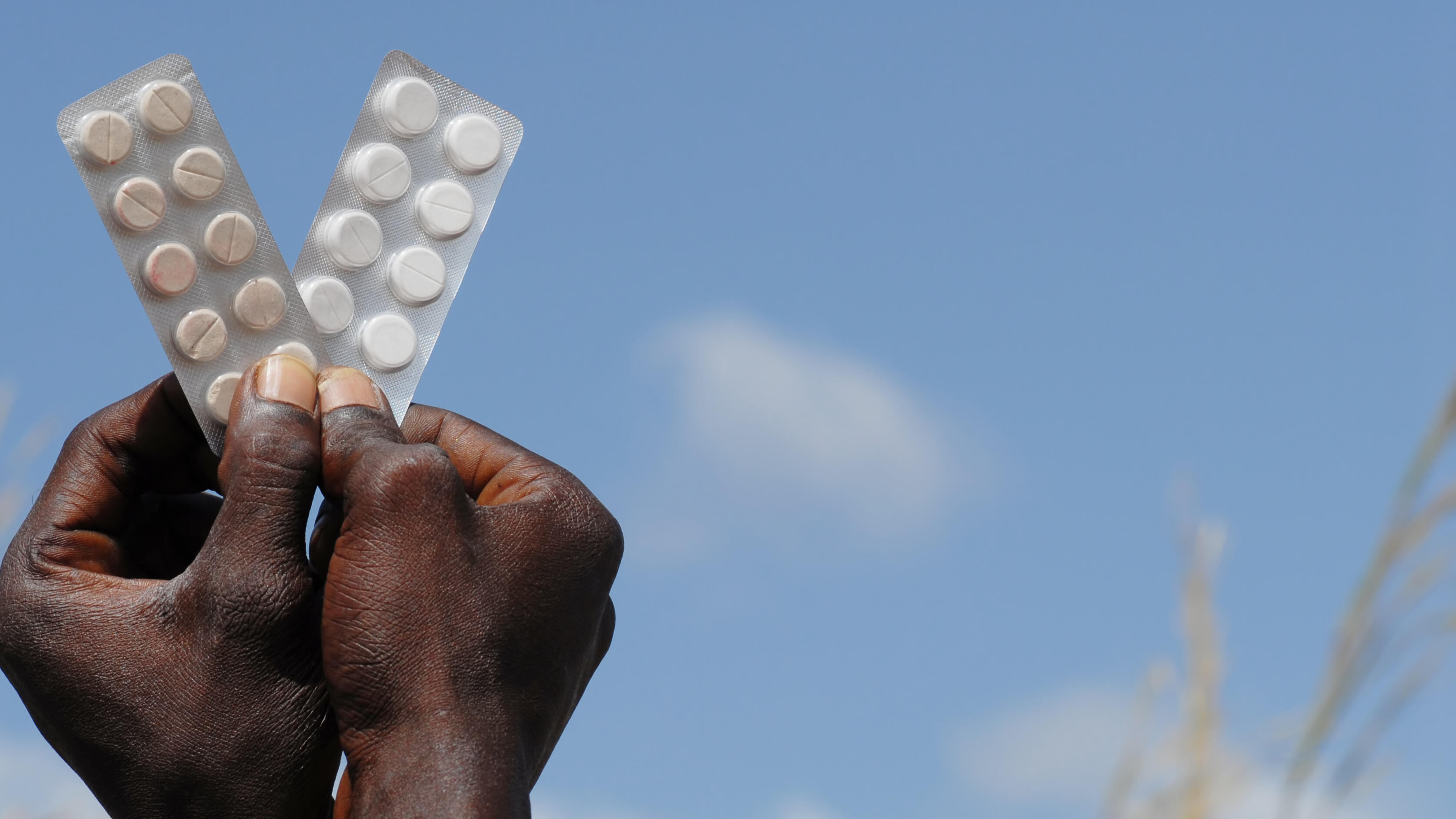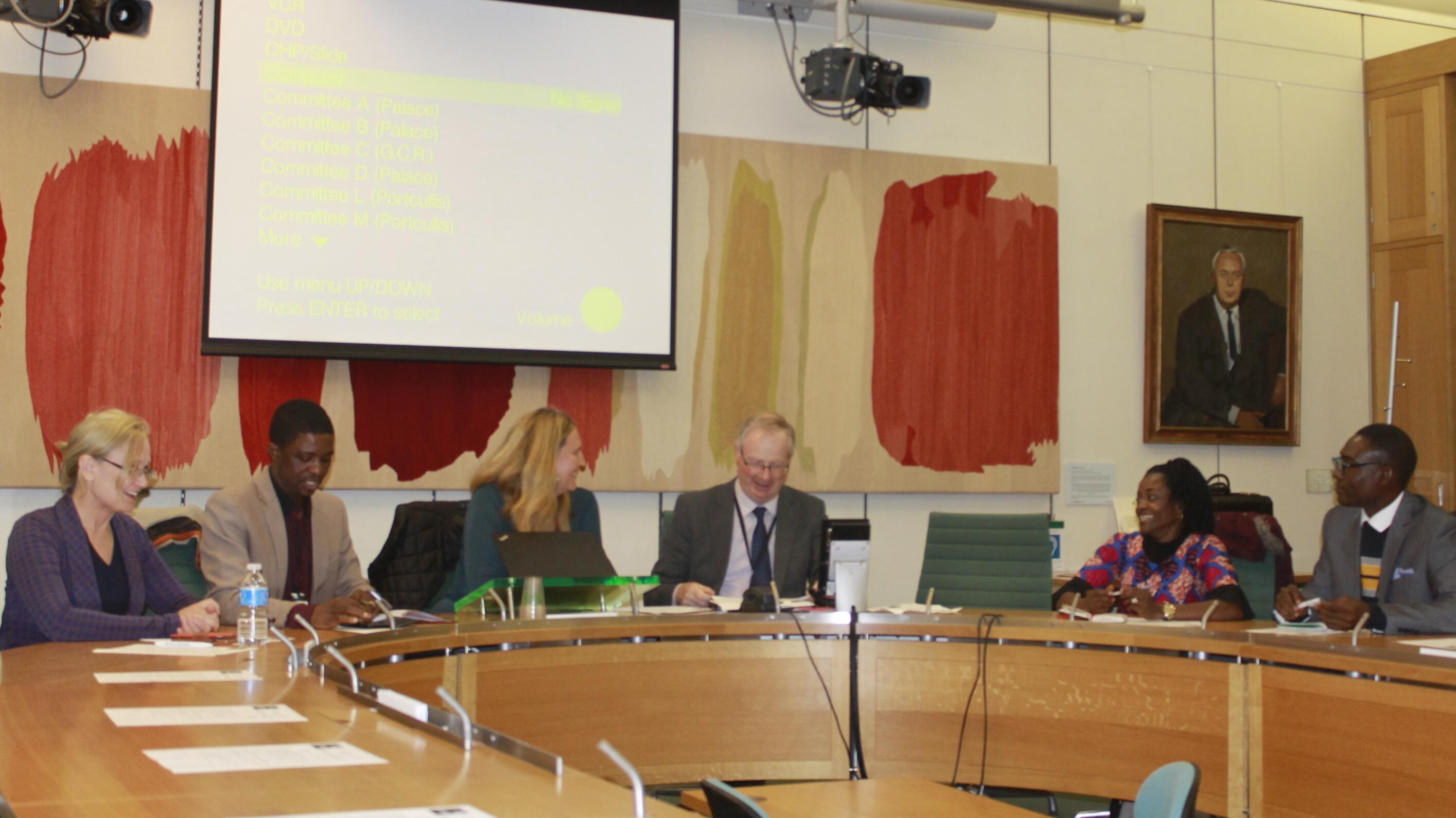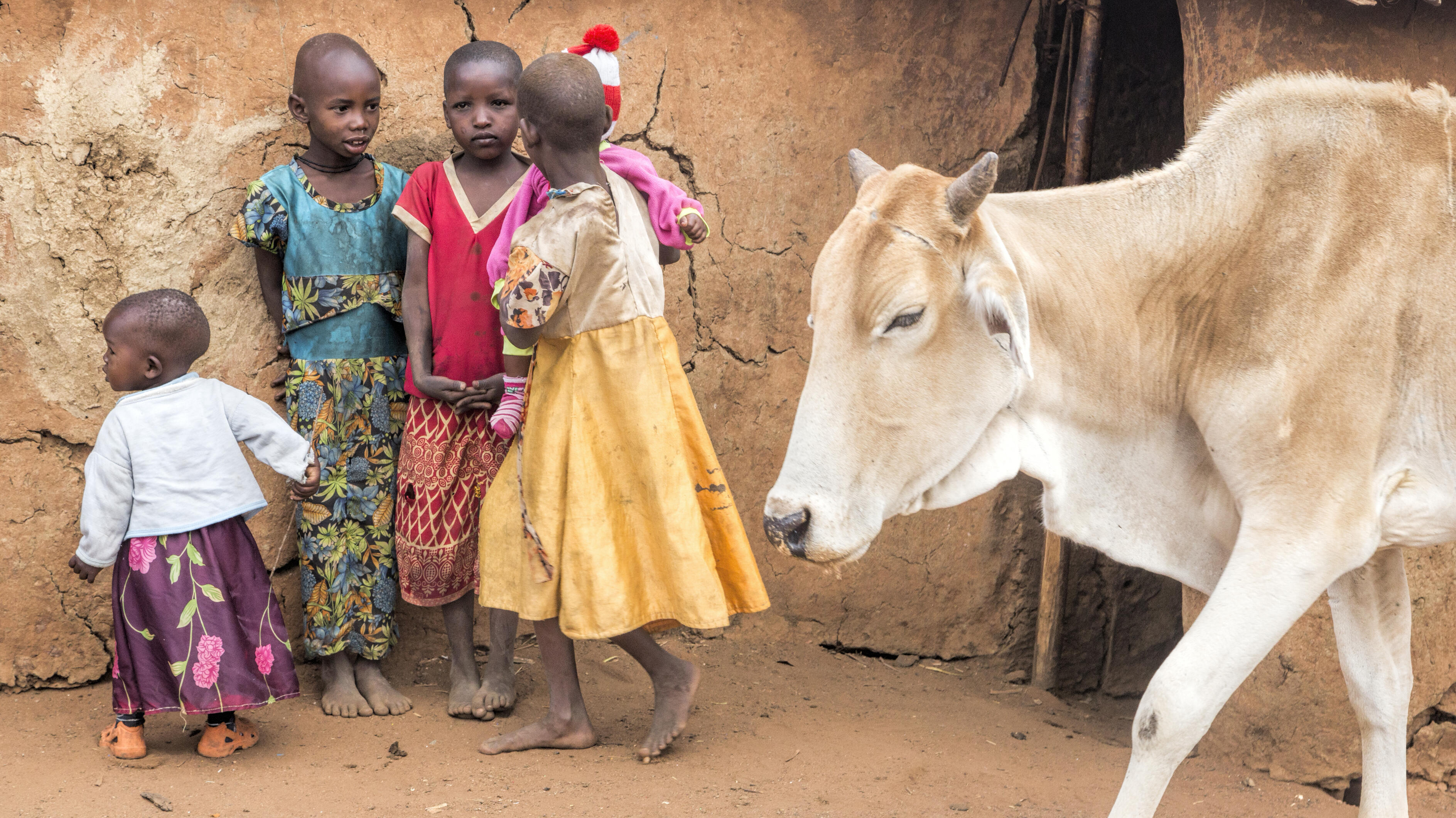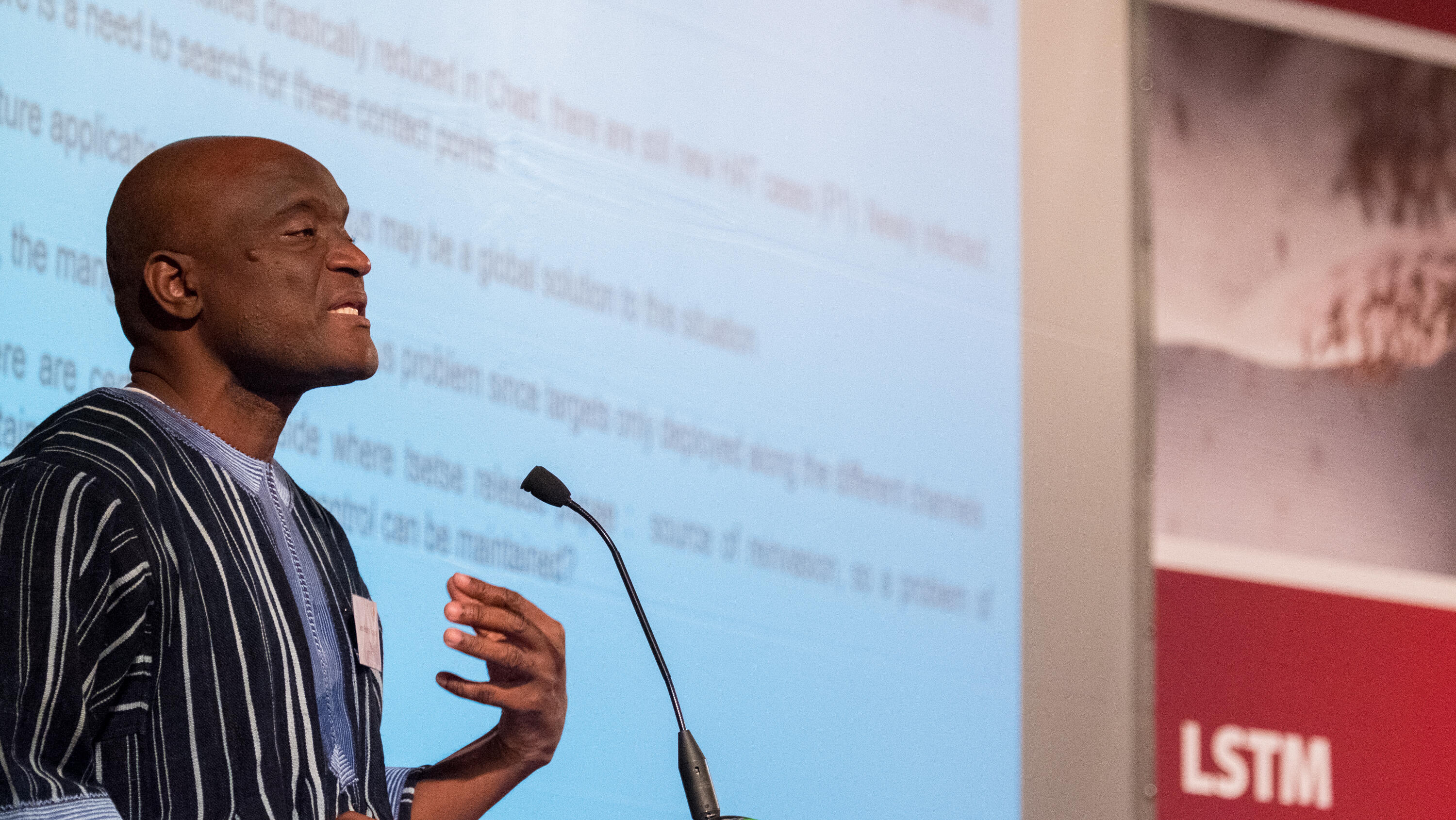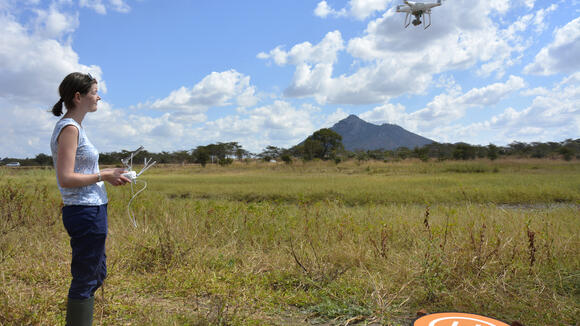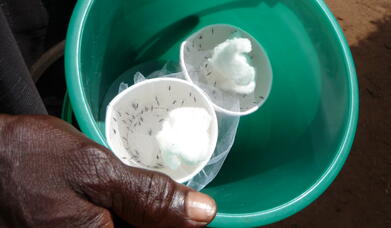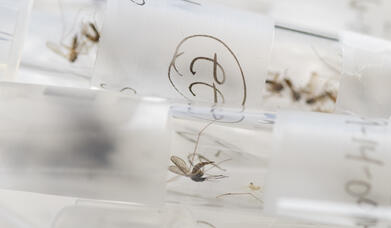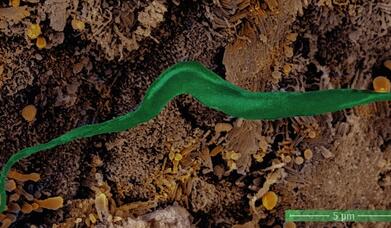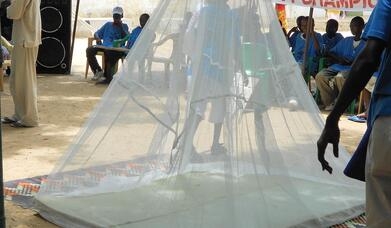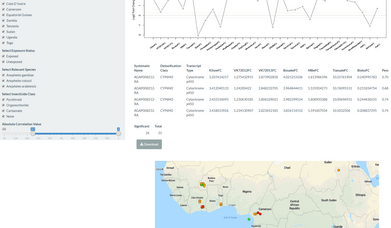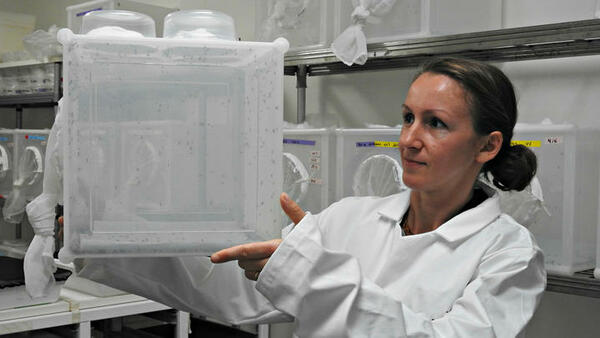
World Malaria Day 2019
“Zero malaria starts with me”
For much of the last ten years falling global malaria rates have rightly been a cause for celebration. However, the World Health Organization’s annual malaria reports for the years 2017 and 2018 suggested that progress had stalled in many countries and that they were not likely to reach their morbidity and mortality targets for 2020.
World Malaria Day is our annual reminder that we need to intensify our efforts to reduce the intolerable burden of malaria in the low- and middle-income countries.
Approximately 92% of the estimated 219 million annual malaria cases are recorded in Africa where it is the poorest of the poor who are disproportionately affected.
LSTM works to break the cycle of poor health and poverty by addressing all aspects of malaria transmission and biology from genomic studies of the mosquitoes that transmit malaria to trials of novel therapeutics and transmission-blocking interventions.
This breadth of research is one of LSTM’s unique strengths as we, and our partners, are able to rapidly transfer basic science discoveries into field trials and implementation and onwards into policy and practice. Key to this process is our commitment to inclusive, multi-disciplinary collaborations which prioritise the involvement of early career researchers, the future research leaders.
Below is an overview of the interdisciplinary research and capacity development activities we undertake to support global efforts to eliminate malaria.
-
IMPACT: Improving the impact of existing malaria products – ACTs
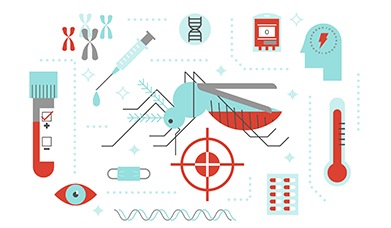
-
IMPROVE
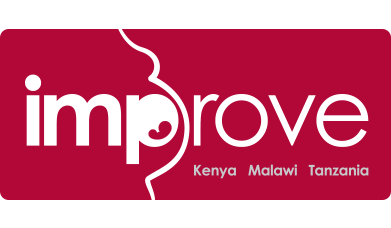
-
MIRA: Improving the efficacy of malaria prevention in an insecticide resistant Africa
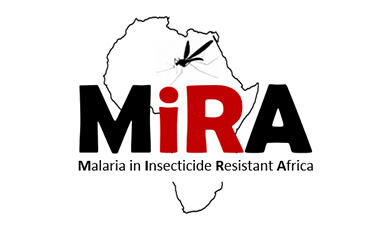
-
PIIVEC: reducing the burden of vector-borne disease through effective, locally appropriate, sustainable vector control

-
Research, Evidence and Development Initiative (READ-It)
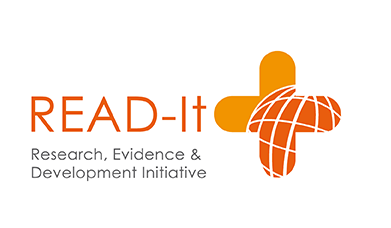
-
Centre for Capacity Research
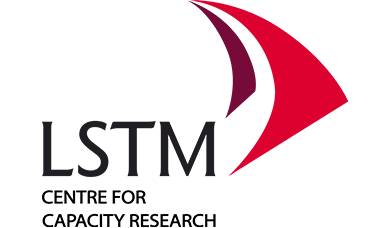
IVCC
IVCC is leading a consortium on a ground-breaking project funded by Unitaid and the Global Fund to bring to market new versions of insecticide-treated bed nets to fight malaria-carrying mosquitoes that have become resistant to older insecticides. It is hoped that the nets will provide a stronger line of defence against malaria for millions of people.
The New Nets Project, will pilot long-lasting insecticidal bed nets treated with new insecticide combinations in sub-Saharan African countries hardest hit by malaria. The Global Fund and Unitaid will each contribute US$33 million to the four-year project.
Some of our achievements in the last 12 months
Research Areas
The Vector Biology Department is actively working in the following reseaarch areas.
The Centre for Drugs and Diagnostics at LSTM
We are accelerating the product development pipeline for new& public health insecticides by offering in vitro and in vivo;screening tools to test new products for metabolic stability in insects and to help predict cross resistance profiles (see case study below); We have also pioneered the development and use of insecticide quantification kits (IQKs), simple visual assays for the rapid and reliable monitoring of DDT, carbamate and organophosphate used in Indoor Residual Spraying).These IQKs are being used in quality assurance studies in India and Africa and helping reduce wastage and improve health outcomes.
Our malaria researchers
MRC/DTP
LSTM is committed to nurturing talented early career researchers in global health and one way we do this is offering opportunities to graduates from diverse academic backgrounds via the Doctoral Training Partnership. Candidates work within research groups at LSTM including the Vector Biology Department where they will hone their research ideas, interests, and skills and generate PhD work plans and output that is highly impactful.
Our next round of applications open in Autum 2019, in the meantime find out more about the programme and hear from current students.
